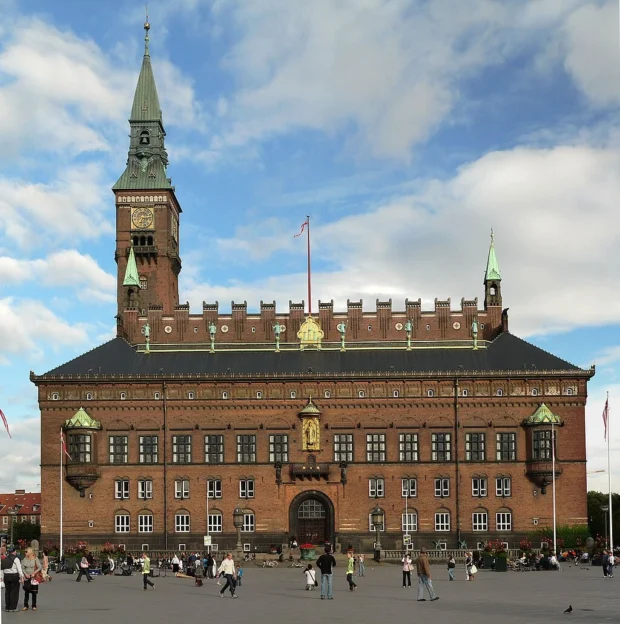Copenhagen is a city that feels like a storybook, but one you can walk around and live inside. The Danish capital offers a mix of old buildings and new ideas, where bicycles outnumber cars, and cafés spill onto cobblestone streets. This city is famous for its clean canals, inviting parks, and markets full of fresh produce and warm smiles. If you have a chance to visit Copenhagen, you will find more than just sights-you will discover rhythms, tastes, and moments that stay with you long after the trip ends.
Table of Contents
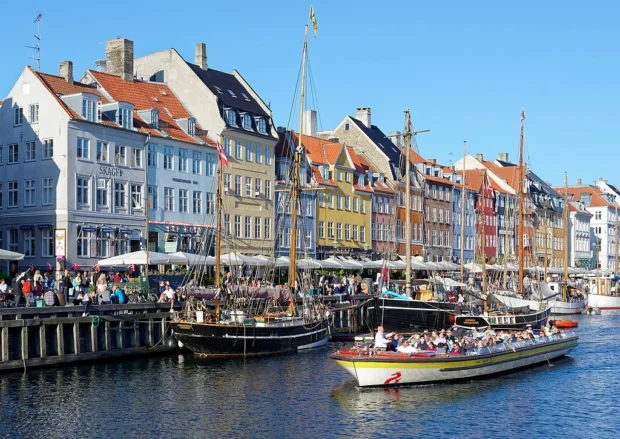
Historic Corners and Modern Wonders in Copenhagen
Start your day near the iconic Nyhavn harbor, with its brightly colored houses reflected in the calm water. Nyhavn has been a meeting point for sailors, artists, and locals for centuries. Today, cafés and restaurants line the quay, offering cozy spots to watch boats glide by. It’s a perfect place for a morning coffee, where the smell of fresh bread from nearby bakeries mixes with the cool sea breeze.
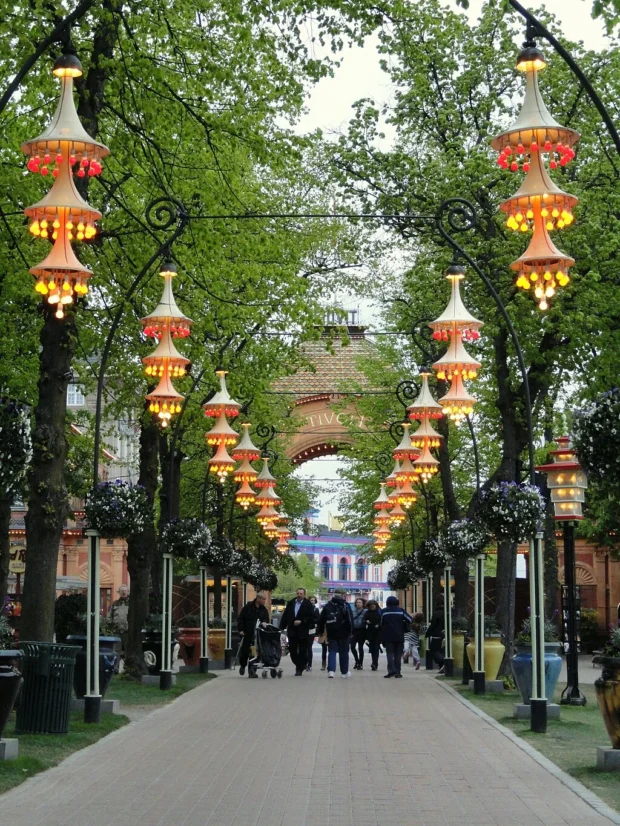
Just a short walk leads you to Amalienborg Palace, the home of Denmark’s royal family. Watching the changing of the guard here feels like stepping into a live painting-soldiers in bright uniforms march with precise steps, set against the backdrop of elegant rococo architecture. Nearby, the Marble Church, with its large green dome, invites visitors to pause and admire its grand interior filled with soft light and quiet reverence.
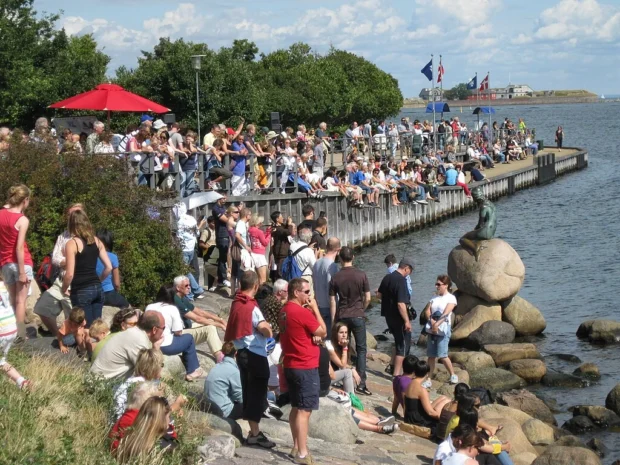
Yet Copenhagen is not only about royal palaces and old harbors. The futuristic district of Ørestad shows the city’s forward-looking side. Towering glass buildings, clever urban planning, and green spaces demonstrate how Copenhagen blends innovation with nature. The metro rides here are swift and silent, taking you from historic areas to modern neighborhoods in minutes.
For a contrast to Copenhagen’s blend of history and innovation, visit the Petronas Towers in Kuala Lumpur, a stunning symbol of modern architecture and cultural pride.
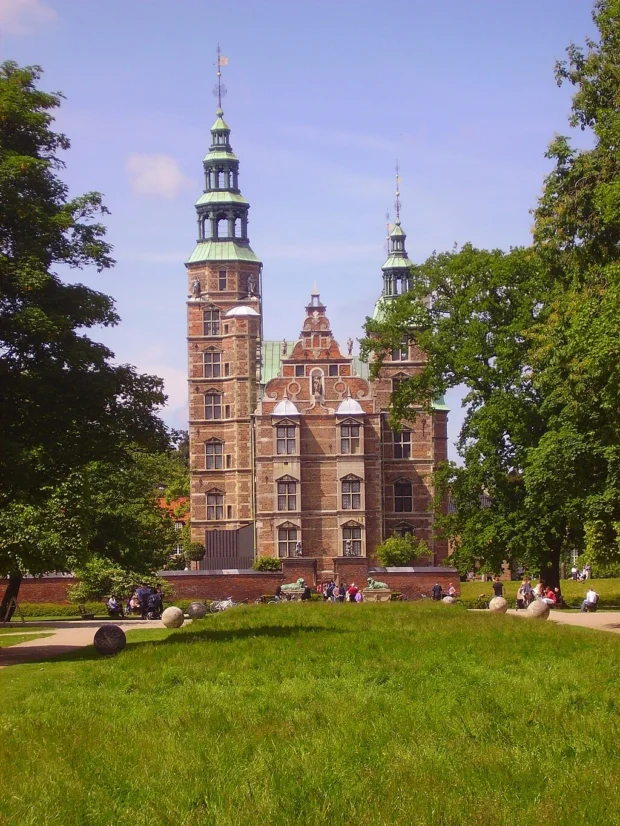
Markets and Food Corners That Tell Stories
One of Copenhagen’s best pleasures lies in its markets. Torvehallerne, near Nørreport station, is a food lover’s dream. Under two glass roofs, you will find vendors selling everything from fresh Danish cheese to gourmet chocolates and smoked salmon. The atmosphere is lively, with local shoppers and curious visitors exchanging smiles and tasting bites. Try the famous Danish open sandwich-known as smørrebrød-topped with pickled herring, radish, or roast beef. Every bite is a small story of Danish culinary tradition.
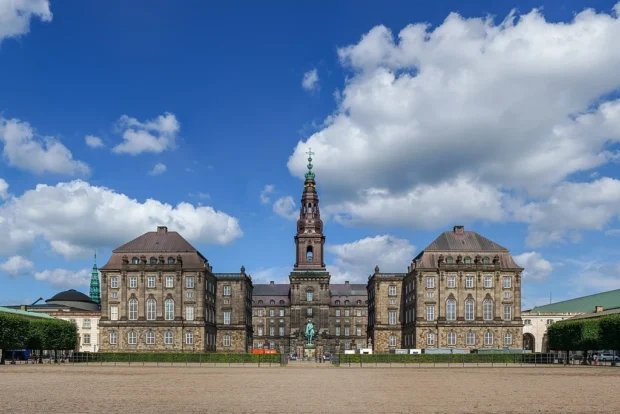
Venture a bit further to the Meatpacking District (Kødbyen), once a simple industrial area, now a lively neighborhood filled with trendy eateries and art galleries. In the evening, locals gather here for craft beer and grilled delicacies, while the neighborhood buzzes with a creative spirit. It is the kind of place where old factory walls meet modern design, and where you might catch a street artist painting or a chef sharing a secret recipe.
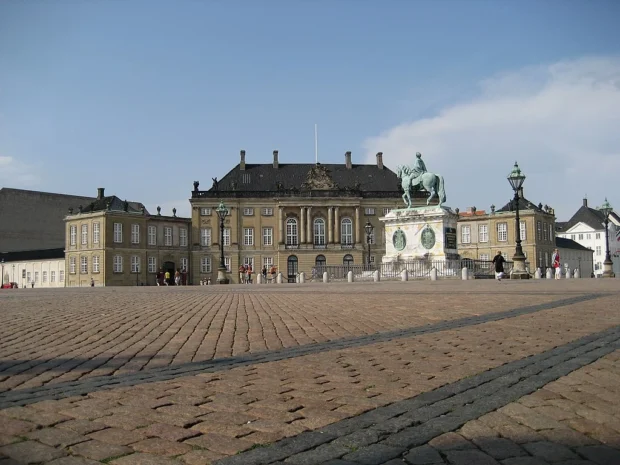
Getting Around: Bicycles and Metro Lines
In Copenhagen, the bicycle reigns supreme. The city’s flat streets and well-marked bike lanes make cycling the easiest and most pleasant way to move around. Renting a bike feels like joining a flowing river of commuters, students, and families, all moving at a relaxed pace. It’s not just transport-it’s a way to feel the pulse of the city.
After experiencing Copenhagen’s markets and food corners, consider seeing the charm of Tivoli Gardens, a nearby place where festive lights and Danish tradition glow beautifully at night.
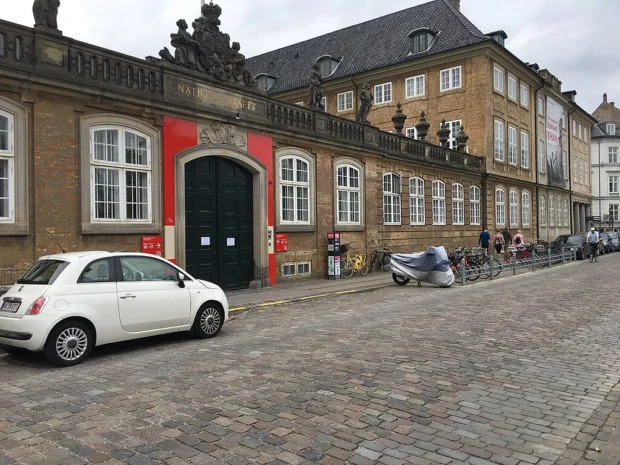
For longer distances, the metro system is clean, fast, and punctual. From the airport, a direct metro line brings you quickly to the city center, avoiding traffic and giving you a chance to see the cityscape from large windows. Stations often feature modern art and clever design, turning each stop into a mini gallery. Public transport cards are easy to buy and use, making travel seamless.
For a city with equally rich culture and vibrant street life, Palermo’s charms offer a wonderful continuation of your journey.
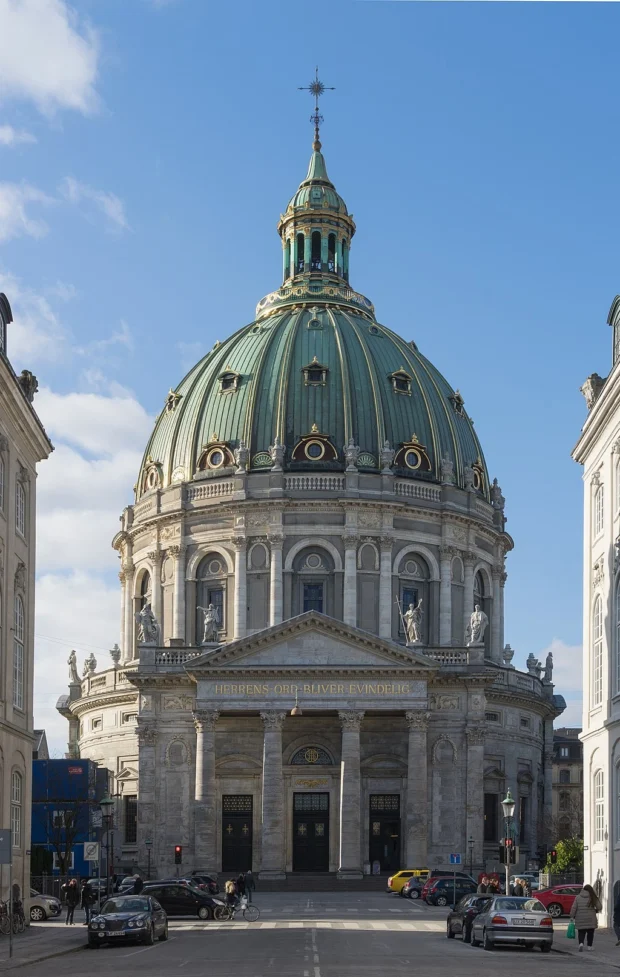
Cultural Notes and Small Customs to Remember
Danes are known for their polite and straightforward manners. When you enter a shop or café, a friendly nod or a quiet “hello” goes a long way. It is polite to wait your turn and keep your voice calm in public places. Tipping is appreciated but not expected; service charges are usually included in the bill.
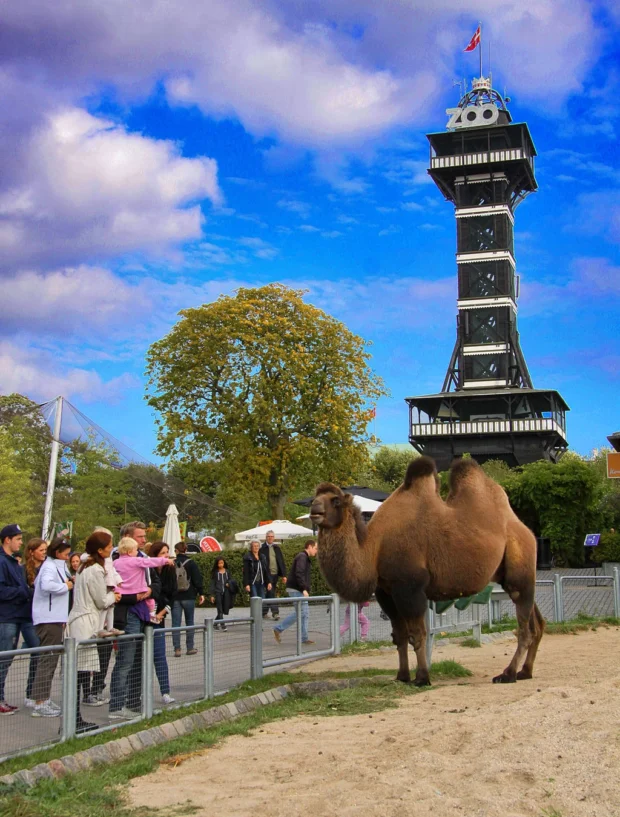
One charming custom is the Danish concept of “hygge” – a feeling of cozy contentment. You will notice it in how locals arrange their homes, the way cafés invite you to linger with soft lighting and comfortable chairs, and even in conversations that flow easily with a cup of warm tea. Embrace slow moments, and you may find yourself understanding this quietly powerful part of Danish culture.
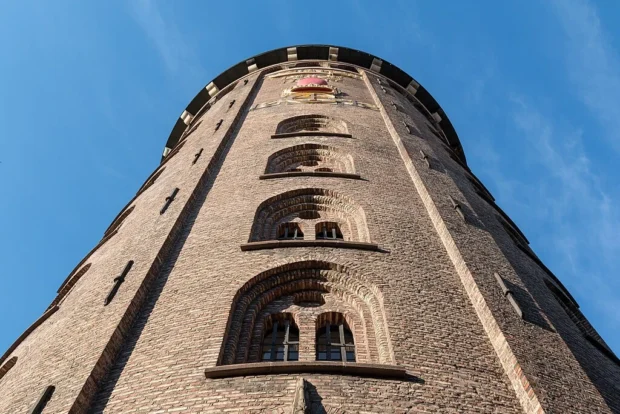
When visiting churches or palaces, dress modestly and respect opening hours. Photography is mostly allowed but check for signs, especially inside religious sites. Danes value honesty and respect; small acts of kindness, like holding doors or helping with directions, will be warmly received.
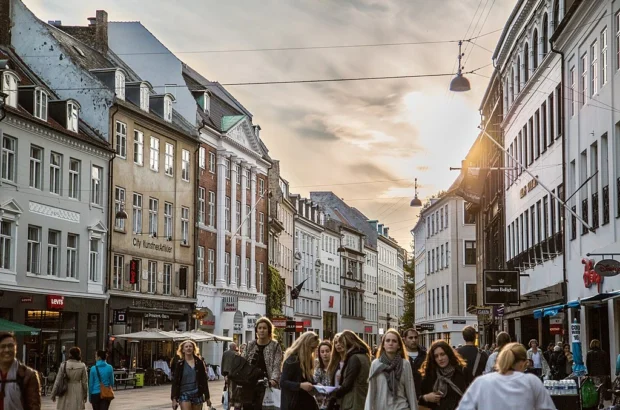
Uncommon Corners and Little Surprises
While many come for the famous landmarks, I found joy in wandering lesser-known alleys and parks. For example, Assistens Cemetery is not just a resting place for famous Danes like Hans Christian Andersen-it’s also a peaceful green space perfect for quiet walks or picnics. Locals jog past old gravestones while children play nearby, creating an unusual but comforting harmony of life and memory.
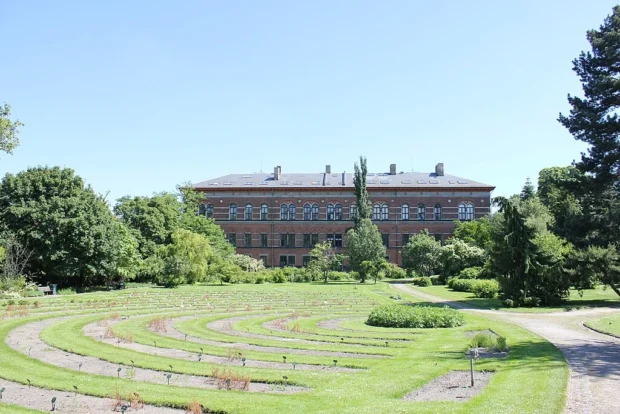
Another delightful surprise is the cluster of cozy cafés in the Vesterbro district, where old meets new. Here, industrial buildings have been transformed into places where baristas craft perfect espresso drinks and bakers proudly display rye bread fresh from the oven. The scent of roasted coffee beans blends with the faint aroma of sea salt carried from the nearby harbor.
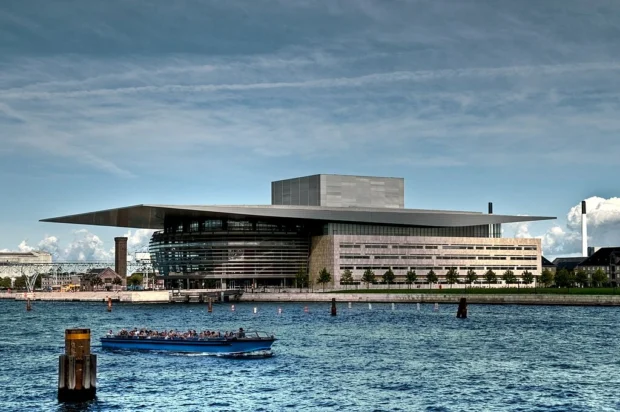
At one market stall, I chatted with an artisan who makes traditional Danish licorice candy by hand. He told me stories of how this treat has been both loved and debated in Denmark-some find it strange, others cannot live without it. Moments like these bring the city’s culture alive beyond guidebooks.
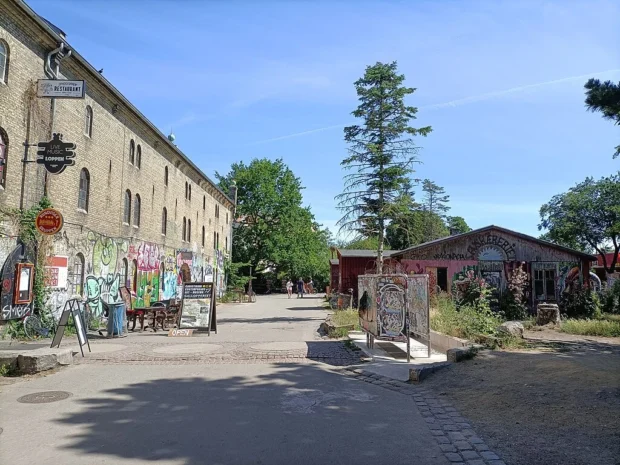
Where to Stay for Easy Access and Atmosphere
Choose neighborhoods close to the city center for easy walking access to many attractions. Areas like Indre By offer a mix of historic charm and modern conveniences. If you prefer a quieter setting, the district of Frederiksberg provides lovely parks and a village-like feel while still being close to urban life.
For those who enjoy vibrant neighborhoods, Nørrebro is a cultural melting pot with diverse eateries, street art, and small boutiques. Staying here means immersing yourself in a dynamic community space where every corner tells a different story.
Final Thoughts on Copenhagen’s Rhythm and Soul
What struck me most about Copenhagen is its balance-between old and new, quiet and lively, tradition and innovation. The city does not rush; instead, it invites visitors to slow down and savor each moment. Whether cycling along canals, sitting with a pastry at a market, or watching the light change over the harbor, Copenhagen offers a gentle invitation to pause and appreciate urban life with all senses.
So, pack comfortable shoes, bring curiosity, and prepare to feel a city that welcomes you not just as a visitor, but almost as a neighbor. Copenhagen’s story is waiting for you to become a part of it.
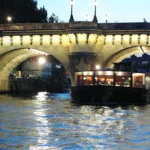
Lover of cities, local cafés, and historic streets, exploring urban life with attention to architecture and culinary delights.
- Copenhagen City Hall by Scythian on Wikimedia Commons – cc by-sa 3.0
- Boats at Nyhavn, Copenhagen, 20220616 1937 6628 by Jakub Hałun on Wikimedia Commons – cc by-sa 4.0
- Lights – Tivoli Gardens (Copenhagen) – DSC08397 by Daderot on Wikimedia Commons – cc0
- The Little Mermaid – 4668118032 by Andrea Lai on Wikimedia Commons – cc by 2.0
- Kopenhagen Schloss Rosenborg 2 by Zairon on Wikimedia Commons – cc by-sa 3.0
- Christiansborg Palace 2017-08-16 by Colin on Wikimedia Commons – cc by-sa 4.0
- Amalienborg Palace Copenhagen – panoramio by René Bongard on Wikimedia Commons – cc by-sa 3.0
- National Museum of Denmark in 2019.05 by CAPTAIN RAJU on Wikimedia Commons – cc by-sa 4.0
- Marble church facade Copenhagen by Jebulon on Wikimedia Commons – cc0
- Copenhagen Zoo Tower and camel by Guillaume Baviere from Helsingborg, Sweden on Wikimedia Commons – cc by 2.0
- Kopenhagen (DK), Runder Turm — 2017 — 1633 by Dietmar Rabich on Wikimedia Commons – cc by-sa 4.0
- Strøget CPH (15289680874) by Tony Webster from Portland, Oregon, United States on Wikimedia Commons – cc by 2.0
- Copenhagen Opera House by Nathan Siemers on Wikimedia Commons – cc by-sa 2.0
- Christiania (Copenhagen) 04 by Superchilum on Wikimedia Commons – cc by-sa 4.0
